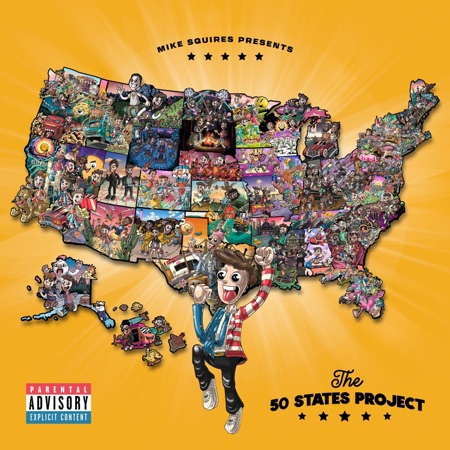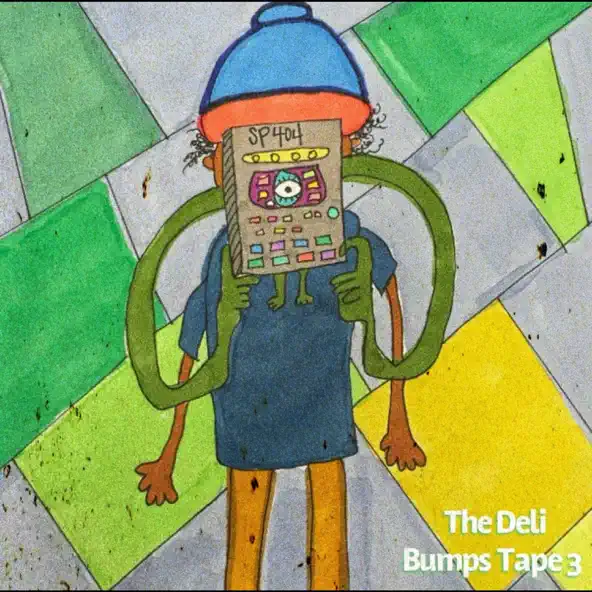Supporting the existence of Israel as a Jewish state is being a Zionists. What do you think would happen if arabs ever become the dominant group in israel?
rumimevlevi
the “cold cognition” capacity required for voting is generally formed by age 16 and stable thereafter. A 2019 study with more than 5,000 adolescents from 11 countries found that changes in the prefrontal cortex result in two independent neural pathways for decision making: one is related to digesting information and reasoning, the other operates when choices are made impulsively.ix Tasks such as voting and working are critically related to the first neural pathway, while impulsive behaviour such as criminal activity often relates to the second pathway. A 2021 review of the literature argues that: “taken together, adolescents, on average, are capable of rational, deliberative decision-making supported by their mature cognitive capacities”.x A significant proportion of scientists in the neurodevelopmental field have argued that lowering the voting age is in line with current evidence about adolescent brain development. Many experts assert that a 16-year-old has sufficient cognitive and critical thinking capacities to make political decisions independently.xi Giving adolescents a voice and allowing their participation in matters that affect them through voting would also help fulfill a developmental need for agency and autonomy, which are core developmental tasks in adolescence.
Many young people are well informed about ballot box issues such as COVID-19, climate change, mental health, education and inequality, among other policy issues that affect their lives now and in the future. Young people also display competence in civic education initiatives and public policy related advocacy. Some studies have shown that mid-adolescents have similar levels of political knowledge as young adults. In Brazil, where 16-year-olds are eligible to vote but compulsory voting is limited to those over 18, levels of political knowledge and media consumption are indistinguishable for those above and below 18. Similarly, when the voting age was reduced from 18 to 16 in Austria in 2007, 16- and 17-year-olds were found to be as well informed as 18- to 21-year-olds.
the “cold cognition” capacity required for voting is generally formed by age 16 and stable thereafter. A 2019 study with more than 5,000 adolescents from 11 countries found that changes in the prefrontal cortex result in two independent neural pathways for decision making: one is related to digesting information and reasoning, the other operates when choices are made impulsively.ix Tasks such as voting and working are critically related to the first neural pathway, while impulsive behaviour such as criminal activity often relates to the second pathway. A 2021 review of the literature argues that: “taken together, adolescents, on average, are capable of rational, deliberative decision-making supported by their mature cognitive capacities”.x A significant proportion of scientists in the neurodevelopmental field have argued that lowering the voting age is in line with current evidence about adolescent brain development. Many experts assert that a 16-year-old has sufficient cognitive and critical thinking capacities to make political decisions independently.xi Giving adolescents a voice and allowing their participation in matters that affect them through voting would also help fulfill a developmental need for agency and autonomy, which are core developmental tasks in adolescence.
Many young people are well informed about ballot box issues such as COVID-19, climate change, mental health, education and inequality, among other policy issues that affect their lives now and in the future. Young people also display competence in civic education initiatives and public policy related advocacy. Some studies have shown that mid-adolescents have similar levels of political knowledge as young adults. In Brazil, where 16-year-olds are eligible to vote but compulsory voting is limited to those over 18, levels of political knowledge and media consumption are indistinguishable for those above and below 18. Similarly, when the voting age was reduced from 18 to 16 in Austria in 2007, 16- and 17-year-olds were found to be as well informed as 18- to 21-year-olds.
turnout of 16- to 17-year-olds in the Vienna elections was estimated to be 64.2% and thus significantly and substantially higher than the turnout of 18–20-year-olds, which was 56.3%. In Krems turnout of 16- and 17-year-olds was 56.3% and substantially higher than turnout of older first-time voters (46.3%)
Many experts assert that a 16-year-old has sufficient cognitive and critical thinking capacities to make political decisions independently.xi Giving adolescents a voice and allowing their participation in matters that affect them through voting would also help fulfill a developmental need for agency and autonomy, which are core developmental tasks in adolescence.
But the context we got was nothing that OP describes.
I agree but i am tired of people trying to police how pro palestinians should express their opinions when they say nothing antisemitic
The part about russia is to say just because there is russians and jews that get descriminated and violence comited against them doesn't mean we should keep saying we should be careful about how we talk about genocides and occupations.
Nobody should tell how we should critisize isrsel under the pretext of tring to avoid hurting jews feeling. Everybody should be safe.
Saying because you may make jews feels unsafe you should be careful about how you critisize israel is like saying you should be careful when critisizing hamas , you may make some muslims feel hurt. We know that israel do not represent all jews and hamas do not represent all muslims and palestinians







Death death to the idf